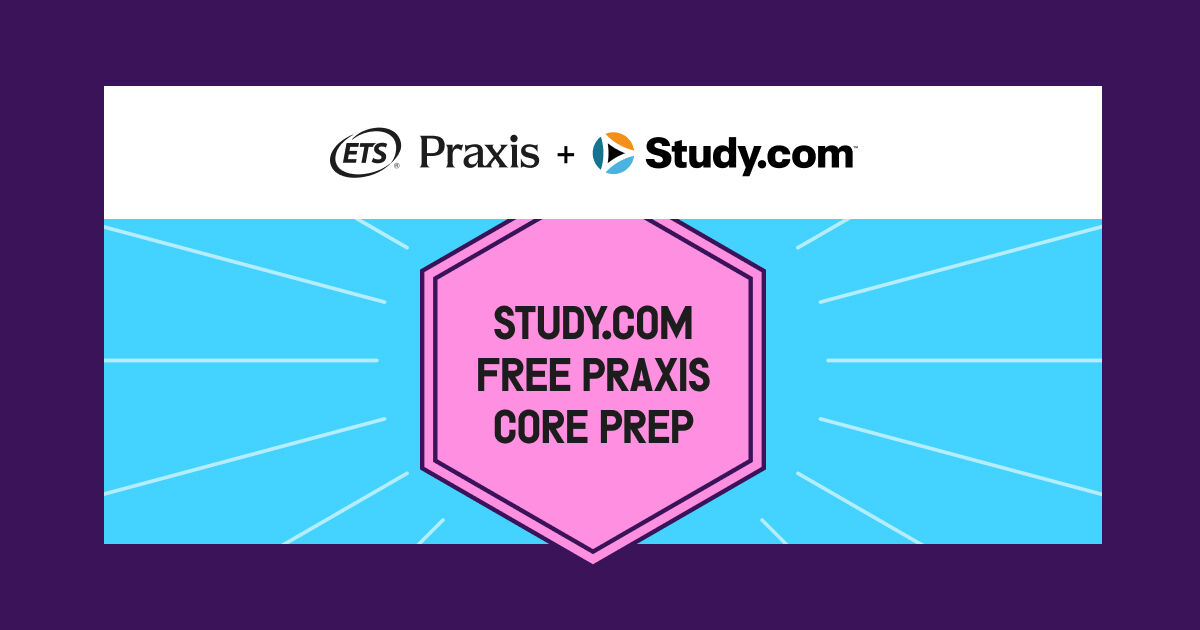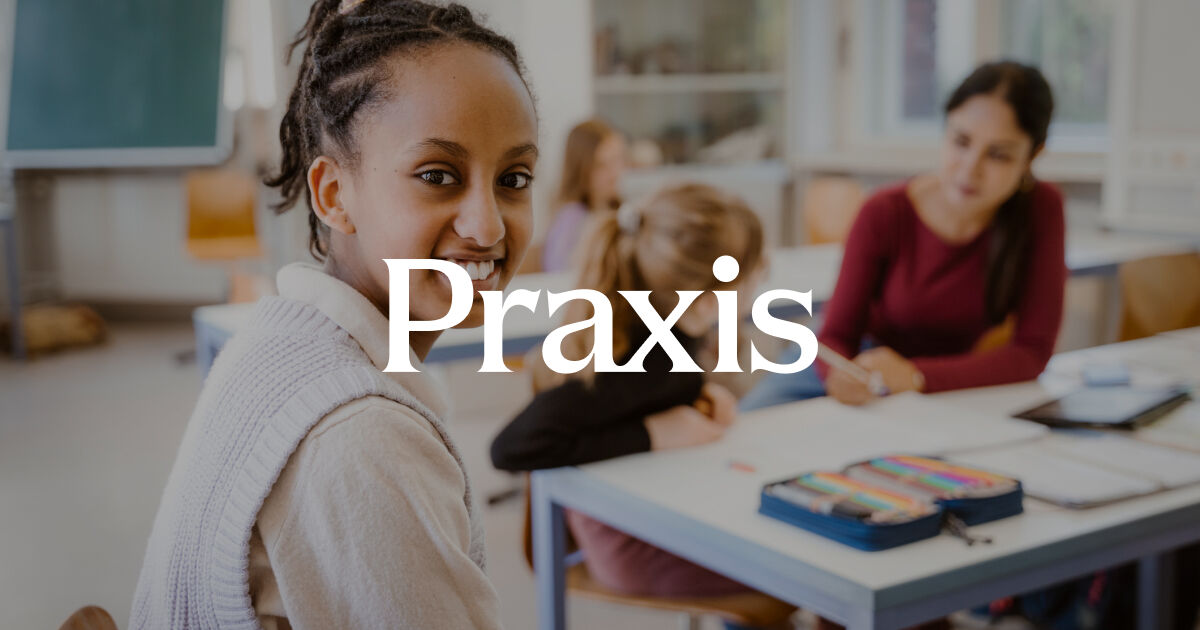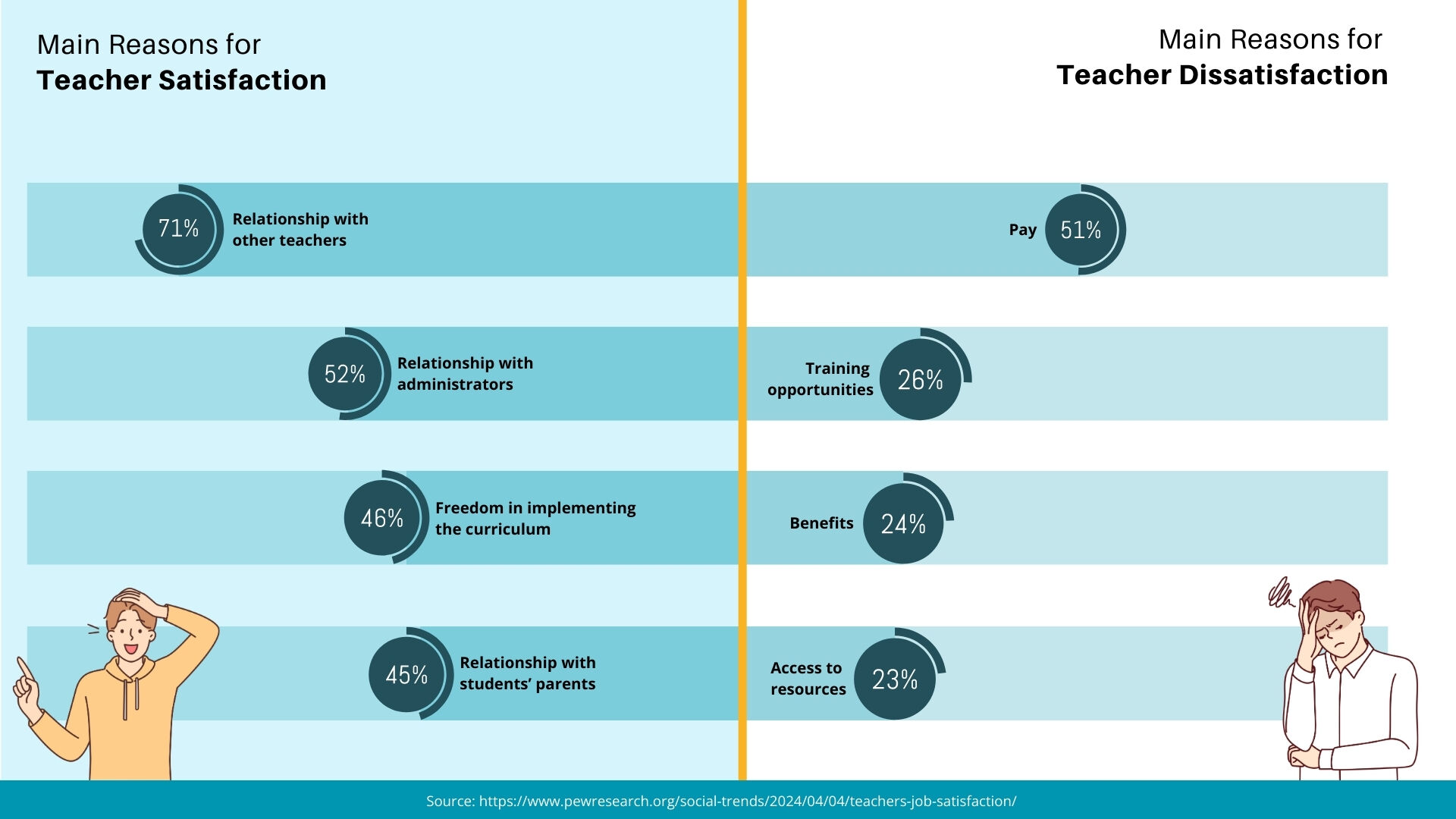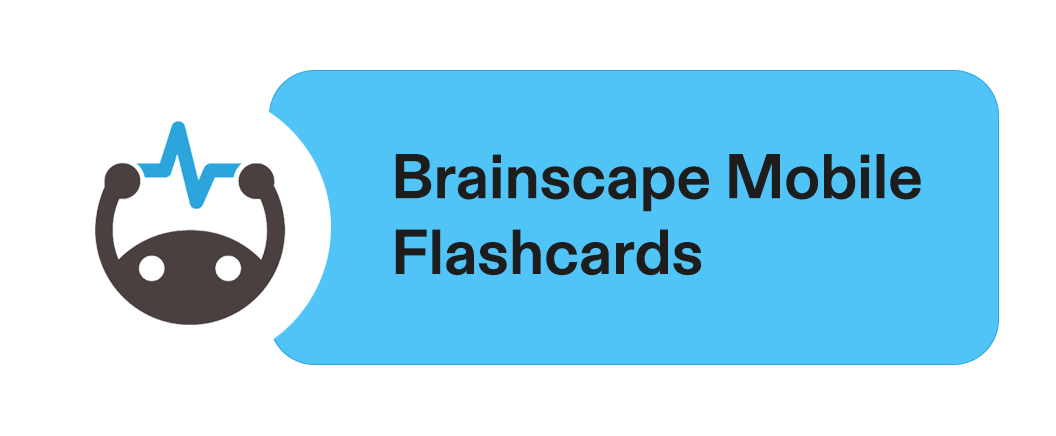The future is now
This post takes inspiration from “From Cautious Optimism to Ambivalence,” by Nitin Madnani, Whitney Coggeshall, Katerina Schenke, Rahul Divekar, and Kenneth Steimel.
Artificial intelligence (AI) is no longer a concept of the future: it is here, and it is reshaping industries around the world.
In fact, a recent Forbes Magazine survey revealed that over half of all business owners use AI in some capacity.
And the field of education is certainly no exception. Innovative pedagogy now involves AI tools capable of enhancing teaching and learning in the name of a more personalized and efficient educational experience. However, public attitudes toward AI and education are still in flux, shifting noticeably towards ambivalence since the popularization of generative AI models like ChatGPT®. According to Donna St. George and Susan Svrluga of The Washington Post, “some public schools, including those in New York City and Los Angeles, have blocked access to [these kinds of AI tools], citing concerns about student learning and cheating.”
Technological adaptations for a changing world
AI has a multifaceted impact on education.
Consider how “educators are also using it to help develop tests, generate case studies, write emails, and rethink teaching strategies” so that they better reflect our changing world. For example, there is the case of Intelligent Tutoring Systems (ITS). These AI-powered educational systems adapt to the individual learning pace of each student to supply customized feedback and tailored exercises. With ITS, students can learn at their own speed, while teachers can watch progress and differentiate their teaching methods.
In addition, AI automates and enhances content production, which has inherent value to education. For example, after analyzing student data, AI platforms can create personalized and engaging educational material, including interactive quizzes and simulations. Furthermore, as Stéphan Vincent-Lancrin notes in the New England Journal of Public Policy, “smart technologies give students with impairments and special needs access to curriculum materials and allow those students to participate in learning activities to an extent that was not possible before, here again increasing the effectiveness of education.”
Advances in AI-driven predictive modeling now allow educators to forecast outcomes such as student performance. Such data-driven analysis can, in theory, improve individual student performance – teachers can now adjust their instructional approach to meet or avoid a forecasted outcome. However, questions of AI bias and accuracy do prevail in this realm. When a team of Education Next researchers tested how predictive modeling foretold college outcomes for students, they found instances of biases, particularly concerning students from underrepresented backgrounds. The takeaway? Improving reliability and transparency in these models is essential to increase public trust and acceptance of AI systems.
Taking a clear-eyed approach to innovation
Integrating AI into education requires careful consideration of potential advantages and disadvantages.
To that end, it is important to remember that despite the many benefits AI offers, it cannot replace human interaction and empathy, both of which are crucial elements in teaching and learning. Interestingly enough, some organizations have begun trying to program empathy into generative AI models, although many scholars see limitations. For instance, Pragya Agarwal at Wired Magazine noted that “emotional AI algorithms, even when trained on large and diverse data sets, reduce facial and tonal expressions to an emotion without considering the social and cultural context of the person and the situation.”
Educators must strive to embrace how this technology makes pedagogy more innovative and engaging for students, while never losing sight of the evolving public attitudes and challenges that AI-enabled products pose.
Want to explore ETS® AI Labs™ to better understand how ETS and Praxis are leveraging artificial intelligence when creating a better educational future for all?
Learn more
By Praxis Editorial Team
Using the Tomorrow’s Teacher blog, the writers, thought leaders, and researchers who comprise the Praxis Editorial Team focus on the pedagogical issues that matter most to educators. The goal: to create and sustain a constant dialogue, and to unite the interests of all those who value teaching and learning.
More Posts

Strategies for Student Engagement and Classroom Practice

By Praxis Editorial Team
Published on August 13, 2024
.jpg)
Top AI Tools That Benefit Teaching and Learning

By Praxis Editorial Team
Published on July 30, 2024

Mastering Teacher Skills Through Performance Tasks

By Praxis Editorial Team
Published on July 16, 2024

Embracing Technology as a Learning Partner

By Praxis Editorial Team
Published on July 2, 2024

Becoming a Teacher: A Guide for Aspiring Educators

By Praxis Editorial Team
Published on June 18, 2024

A Critical Resource: The Importance of Literacy Skills

By Praxis Editorial Team
Published on May 21, 2024

Social Emotional Learning: Vital for Teacher Preparation

By Praxis Editorial Team
Published on May 14, 2024

Overcoming Praxis Test Challenges: Retaking and Succeeding

By Praxis Editorial Team
Published on May 7, 2024
.jpg)
Future Directions: How Praxis and Study.com Consider Educator Preparation and Support

By Praxis Editorial Team
Published on April 30, 2024
.jpg)
Unveiling Educational Impact: ETS Praxis Ventures into New Research Horizons

By Praxis Editorial Team
Published on April 23, 2024

Achieving Success: Our Innovative Test Prep for Praxis Core

By Praxis Editorial Team
Published on April 15, 2024
.jpg)
Unlocking Diversity: ETS and Study.com Research Explores Keys to the Classroom

By Praxis Editorial Team
Published on April 9, 2024

Enhancing Literacy Learning: Blending Technology and Education

By Praxis Editorial Team
Published on April 2, 2024

Get Your Dream Job: Top 10 Interview Questions

By Praxis Editorial Team
Published on March 25, 2024

Making the Grade: Finding Your Ideal First Teaching Job

By Praxis Editorial Team
Published on February 27, 2024

Assessment Strategies I Wish I Knew When I Started Teaching

By Praxis Editorial Team
Published on March 12, 2024

Empowering New Teachers with Professional Development

By Praxis Editorial Team
Published on March 5, 2024

Supercharging Education with Formative Learning

By Praxis Editorial Team
Published on March 19, 2024

Meet Praxis: Where Education Leads the Conversation

By Praxis Editorial Team
Published on February 20, 2024

Breaking Boundaries: Praxis and Study.com Partner to Empower Educators

By Praxis Editorial Team
Published on February 20, 2024

Unlocking Student Potential: How SEL Fosters Success

By Praxis Editorial Team
Published on August 27, 2024

Building the Future of Teaching: Essential Investments for New Educators

By The Study.com Editorial Team
Published on September 10, 2024

Fostering Teaching Excellence: A Cornerstone of Educational Success

By Praxis Editorial Team
Published on September 24, 2024

ProEthica: Promoting Ethical Education and Teaching Excellence

By Praxis Editorial Team
Published on October 8, 2024

Master the Praxis: Essential Tips and Strategies for Exam Success

By Aparajita Mitra
Published on October 22, 2024
New Praxis prep - available now!
Learn more




